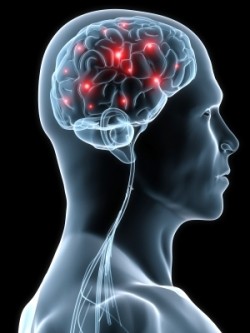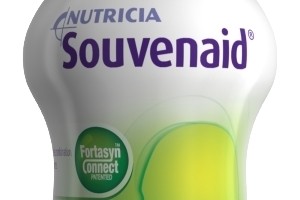EFSA favours essential nutrients in cognitive health claim guidance

“General claims on the maintenance of (unspecified) functions of the nervous system have been proposed for some essential nutrients. The scientific substantiation of these claims was based on the well-established biochemical role of such nutrients in neural transmission, or on deficiency symptoms involving the nervous system,” wrote EFSA’s Panel on Dietetic Products, Nutrition and Allergies (NDA).
“For non-essential food constituents, claims on the improvement, maintenance or reduced loss of (unspecified) neural, brain or psychological functions in general are not sufficiently defined for a scientific evaluation.”
‘Normal development’ claims were also considered insufficiently defined, in a guidance that also confirmed the agency’s well-known preference for human, intervention trials above other forms of evidence like animal and in vitro research.
The guidance, while not unexpected as it follows from the general thrust of NDA claim opinions issued since 2008, will not please many nutrient suppliers, as it affirms what they consider to be the agency’s bias for vitamins and minerals, although omega-3s have also won brain development claims among infants.
Cognitive claims
The agency’s health claims panel said potential cognitive claim domains included memory, attention and concentration, alertness, learning, intelligence, language, and problem solving.
Typical cognitive performance measuring tests like ‘computerised’ or ‘paper-and-pencil’ tests were accepted but, “the effects observed, and the repeatability of the results, are important considerations when reviewing the evidence.”
“Measures of the neural activity of the brain (e.g. event-related potentials (ERPs) and functional magnetic resonance imaging) obtained during the performance of a relevant cognitive task may be used as supportive evidence for the psychometric assessment of cognitive endpoints for the scientific substantiation of health claims on cognitive function.”
Subjects with mild cognitive decline, “without clinical diagnosis of dementia or other psychological or neurological diseases which may be responsible for the impairment” were admissible.
Any extrapolation, for instance from patients with dementia, must be explained including any medication contraindications, and would be considered case-by-case by the panel.
Specific advice was also issued for alertness, attention, memory, mood, stress, anxiety, vision and sleep.
EFSA also issued guidance on 'physical claims'. Look here for coverage of that tomorrow.
We'd like to hear your thoughts on the value of this guidance. Fell free to have your say in the comment box below.
EFSA's mental guidance can be found here.















